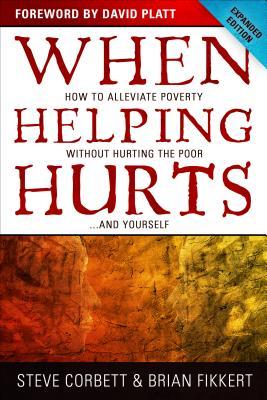I had a friend who got blindsided recently at her job. Basically, her boss sat her down and proceeded to tell her EVERYTHING she’s been doing wrong for the entire year.
I’ve had that happen a time or two where someone I know doesn’t give me any warning before reading me the riot act. I know you have, too.
Tonight in my Life Group, we talked about how Jesus has High Priest is able to sympathize with us in everything as He’s been through everything we’ve been through, temptations and all, and passed the test with flying colors. To put it in more churchy language, He didn’t sin.
If anyone could blindside us, it would be Jesus. He’s seen it all. He knows every false motive, every impure intent, every dark thought, every secret sin. He could sit me down and blast me into smithereens with everything He’s got on me.
But He doesn’t. He doesn’t choose to “blast” anyone. Hebrews says that Jesus as High Priest intercedes for His children. He prays for you and me.
Maybe that should change the way I act when someone blindsides me. Or when I feel strongly tempted to blast someone when I see all sorts of red flags popping up in their life.
The unfortunate part of blasting someone is that you might be able to seek and receive forgiveness, but you can never recall those words you spoke. You can never undo the wounds and scars you created. You can never restore the relationship to what it was pre-blast.
So maybe instead of letting someone else have it, try letting God have it. As in taking it to God in prayer, not blasting God.
PS Sometimes you need to vent out loud to God. He already knows what’s in your heart anyway, and He can take it.
PPS As always, I believe. Help my unbelief.








